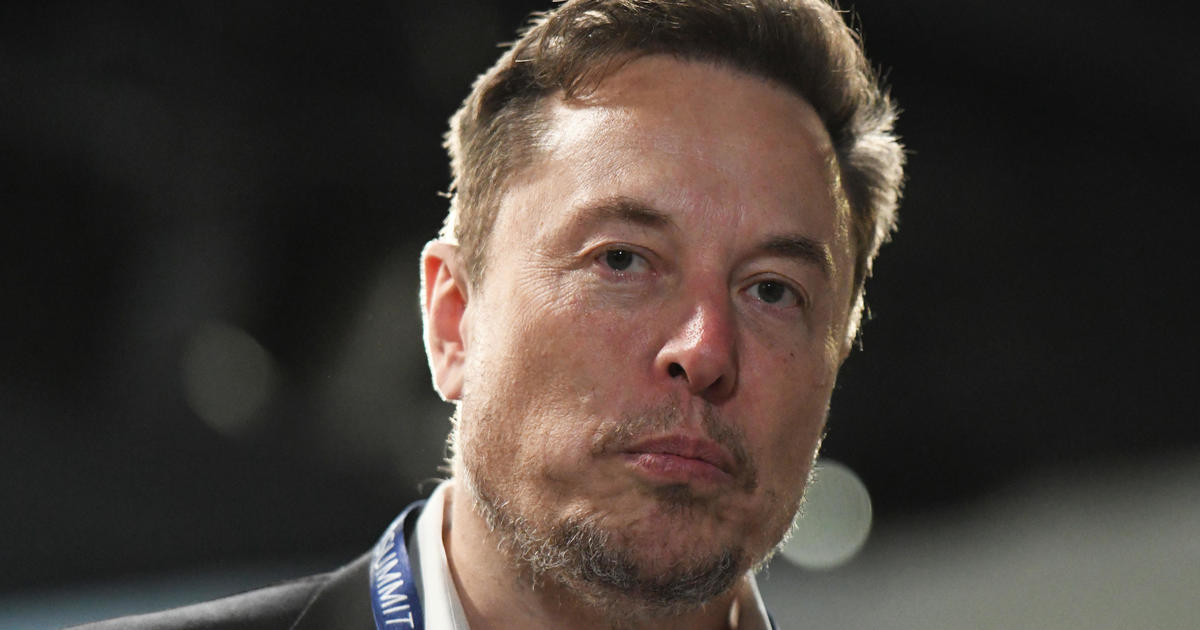Supreme Court nominee Brett Kavanaugh could impact your wallet in at least 3 ways
The nomination of Judge Brett Kavanaugh to the Supreme Court has voters and lawmakers focused on hot-button topics such as abortion rights and gun ownership, but the judge also has a long track record of pro-business decisions.
If he takes a seat on the Supreme Court, his vote could weaken consumer protections and favor expanded corporate rights, say pro-consumer advocates. Indeed, Kavanaugh's business bona fides were touted by the White House to the business community, describing him as "protect[ing] American businesses from illegal job-killing regulation," according to Politico.
Consumers might feel the shift to a more conservative court through rulings that could reduce the authority of watchdogs like the Consumer Financial Protection Bureau or strip away healthcare for people with pre-existing conditions. To be sure, reducing regulations could have the benefit of lowering costs for businesses and their customers, but such decisions could also shift costs to consumers.
"His record is clear -- when given the choice he has sided with Wall Street special interests over consumers time and time again," said Karl Frisch, executive director of Allied Progress, a left-leaning watchdog group, in an email to CBS MoneyWatch. "Most notably he ruled the CFPB's structure was unconstitutional in 2016 -- a position cheered on by Wall Street and conservative activists but soundly rejected by his colleagues on the D.C. Circuit Court who reversed his decision."
His appointment "will cost consumers and investors more money."
Kavanaugh overruled regulators 75 times on cases that spanned from net neutrality to consumer protections, the White House said in the letter sent to business groups.
Consumer protection
The Consumer Financial Protection Bureau was set up in the wake of the financial crisis as a watchdog that would take on big banks and financial institutions accused of ripping off consumers. But the agency also became a political punching bag, with Republicans viewing the CFPB as a prime example of government overreach.
Kavanaugh weighed in on the agency when he argued the CFPB's structure was unconstitutional, describing the agency's structure as posing "a far greater risk of arbitrary decision-making and abuse of power, " That case eventually died before reaching the Supreme Court, but the National Law Journal notes that a related case is currently in the Fifth Circuit court.
The CFPB has returned $12.4 billion in relief to consumers through its enforcement actions.
Net neutrality
Net neutrality -- or the Obama-era regulation that required internet service providers to treat all content equally -- has been revoked by the Trump administration's FCC. Yet there are plenty of lawsuits from states and tech companies alike that are suing the FCC over the ruling.
Net neutrality, which officially ended in June, could lead to higher costs for consumers, according to pro-consumer groups. That makes Kavanaugh's stance on net neutrality of interest, especially if any of the cases make it to the Supreme Court.
Kavanaugh has a "likely controversial" record on tech issues, including net neutrality, according to TheVerge. The judge ruled that net neutrality was "unlawful and must be vacated" because he believed the FCC didn't have the authority to make the rule and was overreaching by enforcing it.
"Brett Kavanaugh has an atrocious track record when it comes to Internet freedom," Evan Greer, deputy director of Fight for the Future, which advocates for net neutrality, said in an email.
Health care
Kavanaugh's views on health care could play a role in consumer issues, especially related to the Affordable Care Act. His biggest ACA-related decision was tied to the individual mandate to buy health insurance, but he didn't take a position on the mandate itself, according to Axios.
Senator Joe Manchin (D.-West Virginia) said in a statement that he plans to evaluate Kavanaugh's fitness particularly through the lens of healthcare because of a lawsuit to decide whether pre-existing protections should be struck down.
Some legal experts say the lawsuit could also impact consumers who are in employer plans, as well as those covered by ACA health plans.
"The Supreme Court will ultimately decide if nearly 800,000 West Virginians with pre-existing conditions will lose their healthcare," Manchin said. "This decision will directly impact almost 40 percent of my state."
It's possible that a Supreme Court ruling against pre-existing conditions protections could lead to higher premiums and health insurance costs for many consumers.



